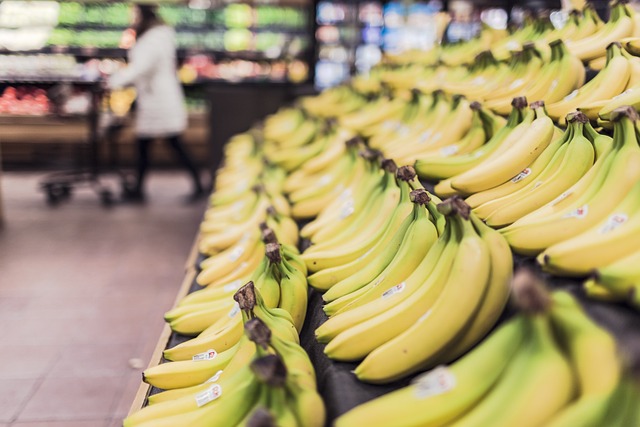Fermented vs Non-Fermented Foods: Which One is Better for Gut Health?
The gut is home to millions of beneficial bacteria, also known as microbiota, that play an essential role in maintaining overall health. One way to support the gut microbiome is by consuming foods high in probiotics, the good bacteria that can improve gut health. Fermented and non-fermented foods are popular sources of probiotics.
Fermented Foods
Fermentation is the process of breaking down carbohydrates or sugars in foods by microorganisms such as bacteria and yeasts. This process creates beneficial bacteria, such as lactobacilli and bifidobacteria that aid in digestion and boost the immune system.
Fermented foods are rich in probiotics, which can improve gut health in several ways, including reducing inflammation, improving digestion, and boosting the immune system. Some of the most popular fermented foods include:
- Kombucha: A fermented tea that contains beneficial bacteria and yeasts and can aid in digestion and improve gut health.
- Sauerkraut: A traditional fermented food made from cabbage that is rich in beneficial bacteria and can improve digestion and boost the immune system.
- Kimchi: A spicy Korean condiment made from fermented vegetables that can aid in digestion and improve gut health.
- Yogurt: A dairy product made from fermented milk that is rich in probiotics and can improve digestion and boost the immune system.
Non-Fermented Foods
Non-fermented foods, on the other hand, do not go through the fermentation process and do not contain probiotics. However, they can be good sources of prebiotics, which are a type of fiber that nourishes the gut microbiome and can improve gut health.
Some examples of non-fermented foods that are high in prebiotics include:
- Whole grains: Brown rice, quinoa, and oats are good sources of prebiotics and can improve digestive health.
- Vegetables: Asparagus, onions, garlic, and artichokes are high in prebiotics and can improve gut health.
- Fruit: Apples, bananas, and berries are rich in prebiotics and can improve digestion and boost the immune system.
Which One is Better for Gut Health?
Both fermented and non-fermented foods can be beneficial for gut health, but in different ways. Fermented foods are rich in probiotics, which can improve gut health by reducing inflammation, improving digestion, and boosting the immune system. Non-fermented foods, on the other hand, are good sources of prebiotics, which nourish the gut microbiome and improve gut health.
The best way to support gut health is by incorporating both fermented and non-fermented foods into your diet. For example, you could have a serving of yogurt with berries for breakfast, followed by a salad with asparagus, onions, and garlic for lunch. For a snack, you could have some kimchi or sauerkraut. This way, you can get the benefits of both probiotics and prebiotics.
Conclusion
Fermented and non-fermented foods are both important for gut health. While fermented foods are rich in probiotics, non-fermented foods are good sources of prebiotics. Incorporating both types of foods into your diet can improve digestive health, boost the immune system, and support overall well-being.







